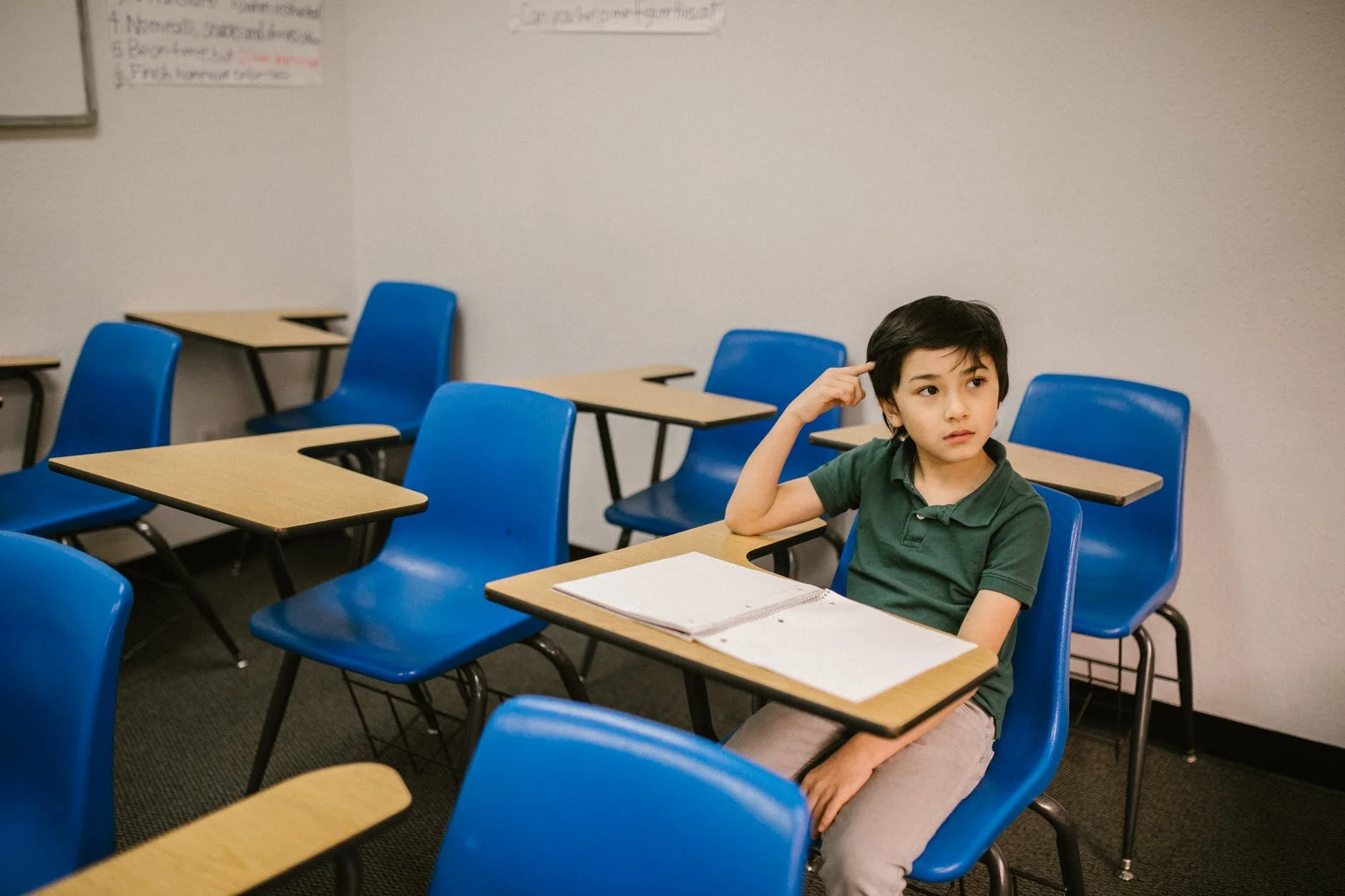COVID-19 Has Eroded Children’s Mental Health
Since June of 2020, an average of five children a week were being admitted to the East Carolina University medical school’s teaching hospital a Greenville, N.C., after overdosing on medications such as opiates, antidepressants and Ritalin.
Normally, John Diamond director of the school’s division of Child and Adolescent Psychiatry, and his colleagues had seen five kids a month. Today, there simply aren’t enough psychiatrists, psychologists, developmental pediatricians or school psychologists to care for the mental health needs of the country’s children, according to parents, doctors, and professional associations.
Parents are frantic and desperate, with some waits as long as four to six months to see an expert. Sometimes it’s indefinite. Pediatricians and nurse practitioners are overwhelmed with mental health crises they’re rarely trained to handle. Exasperated parents complain that some psychiatrists and psychologists have closed their practices or no longer accept payments through insurance, with barely half of all psychiatrists now acceptting private insurance.
Young people’s mental health deteriorated during the pandemic, when cabin fever exacerbated family conflicts and closed schools left children isolated from normal peers, activities, and overall social development.
With an average only 9.75 U.S. child psychiatrists per 100,000 children under age 19, the American Academy of Child and Adolescent Psychiatry (AACAP) says we need four times more help.
Teenage depression, anxiety, self-harm and suicide have risen sharply over the past two decades. From 2004 to 2019, the rates of adolescent depression nearly doubled. The suicide rate for those ages 10 to 24 rose by more than 57 percent from 2007 to 2018 — from 6.8 per 100,000 to 10.7 per 100,000.
Many mental health problems begin in childhood. And when untreated, they can increase the risk of troubles including school dropouts, unemployment and suicide. In 2002, the National Alliance on Mental Illness estimated that untreated mental illness costs the nation $113 billion a year.
The American Rescue Plan, as the COVID-19 stimulus package is known, includes $14.2 million to expand tele-health services through which somewhat similar state and regional integrative networks support pediatric primary care providers treating children with emotional and behavioral problems. The next round of grants will be announced in September, targeted to groups focusing on expanding access to underserved rural, ethnic and racial recipients.

